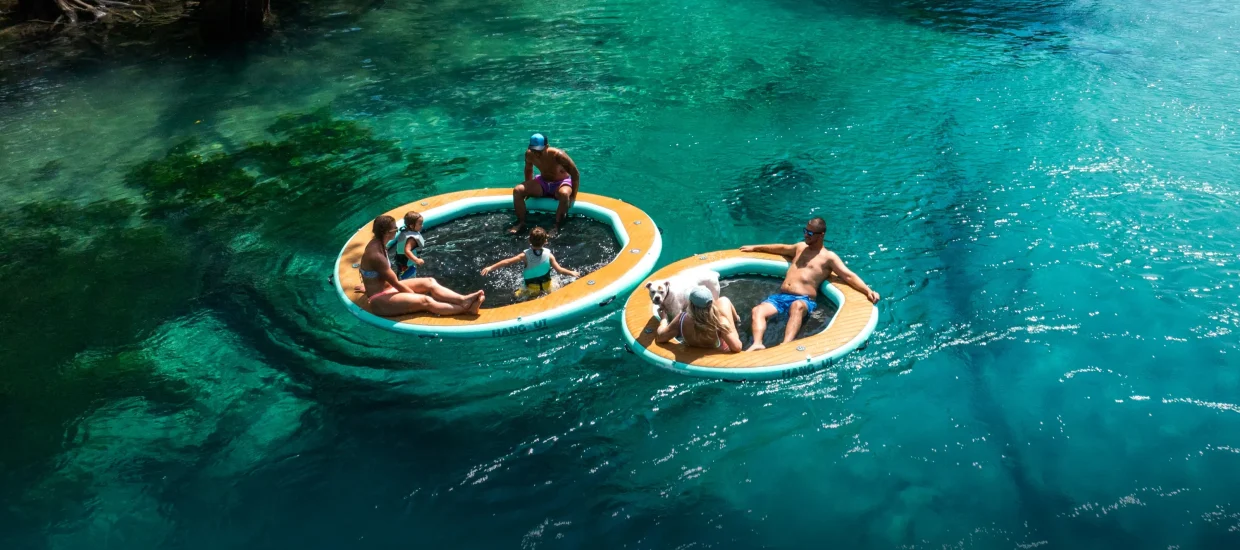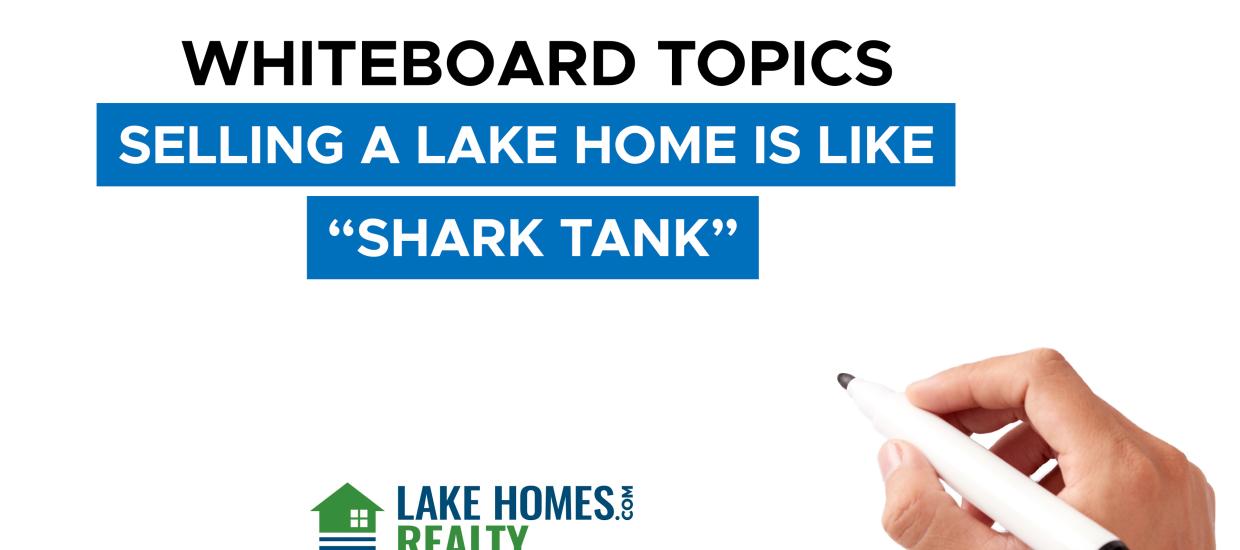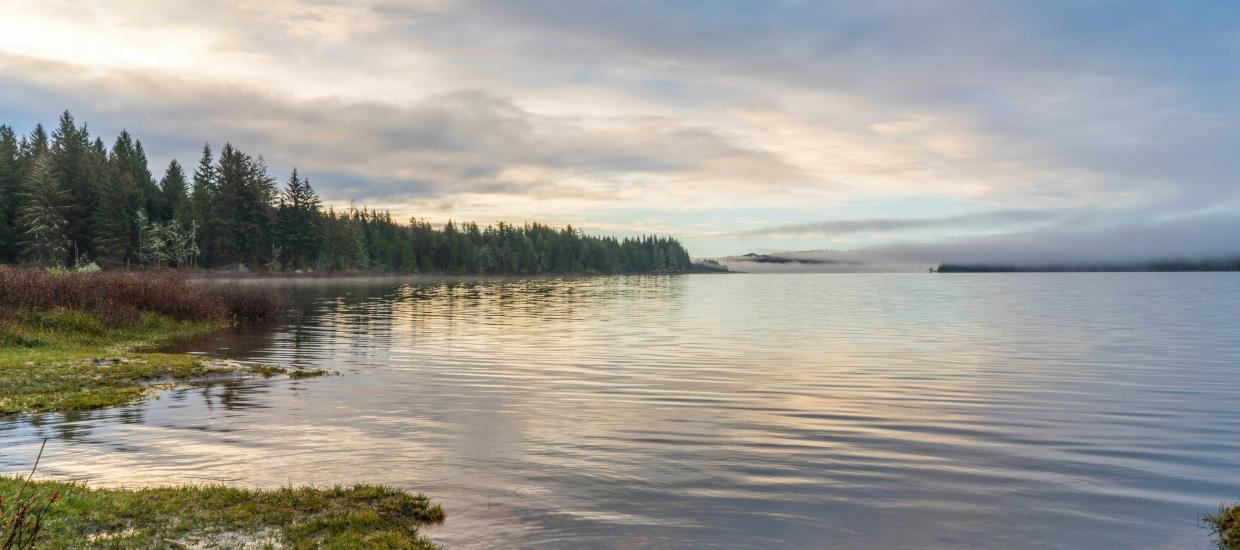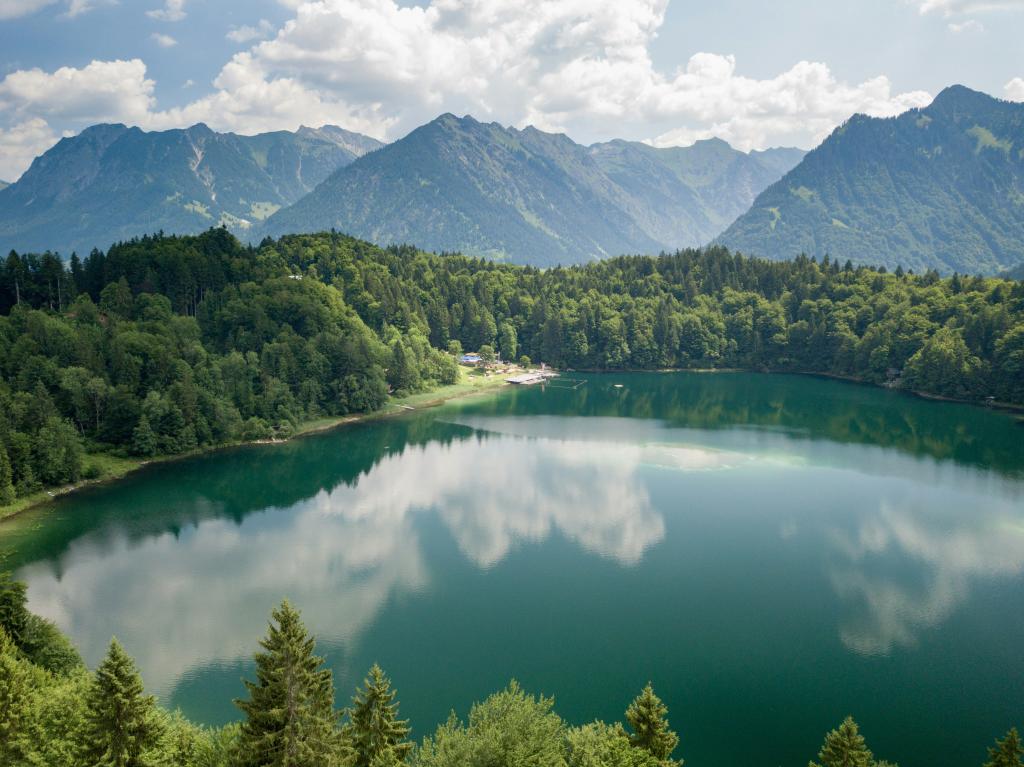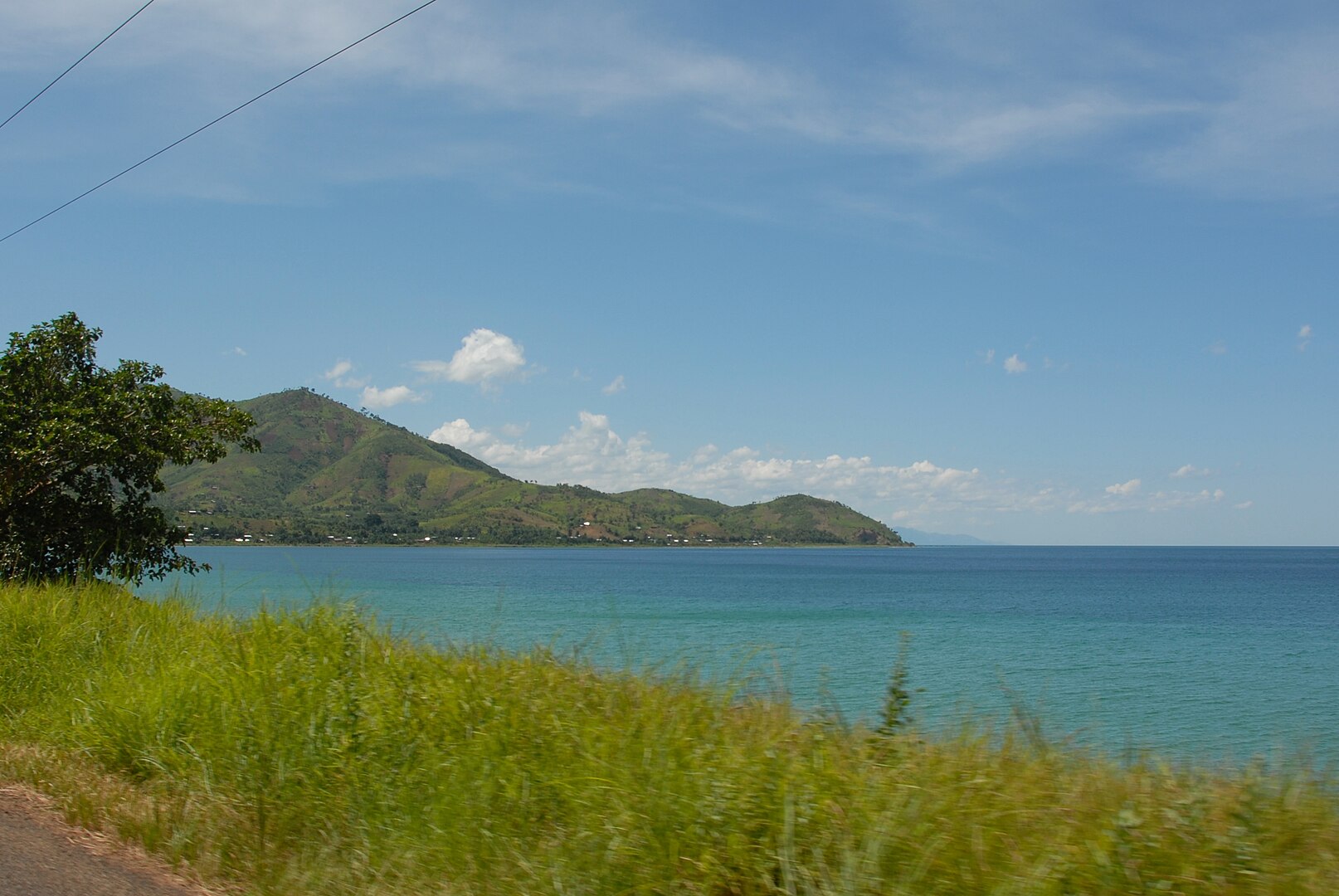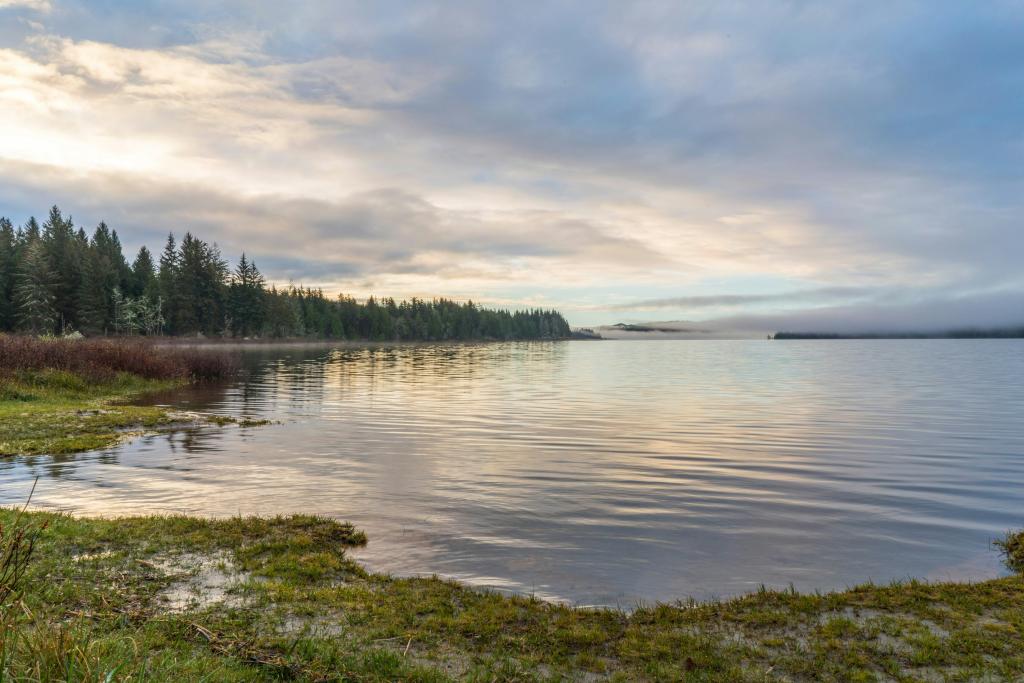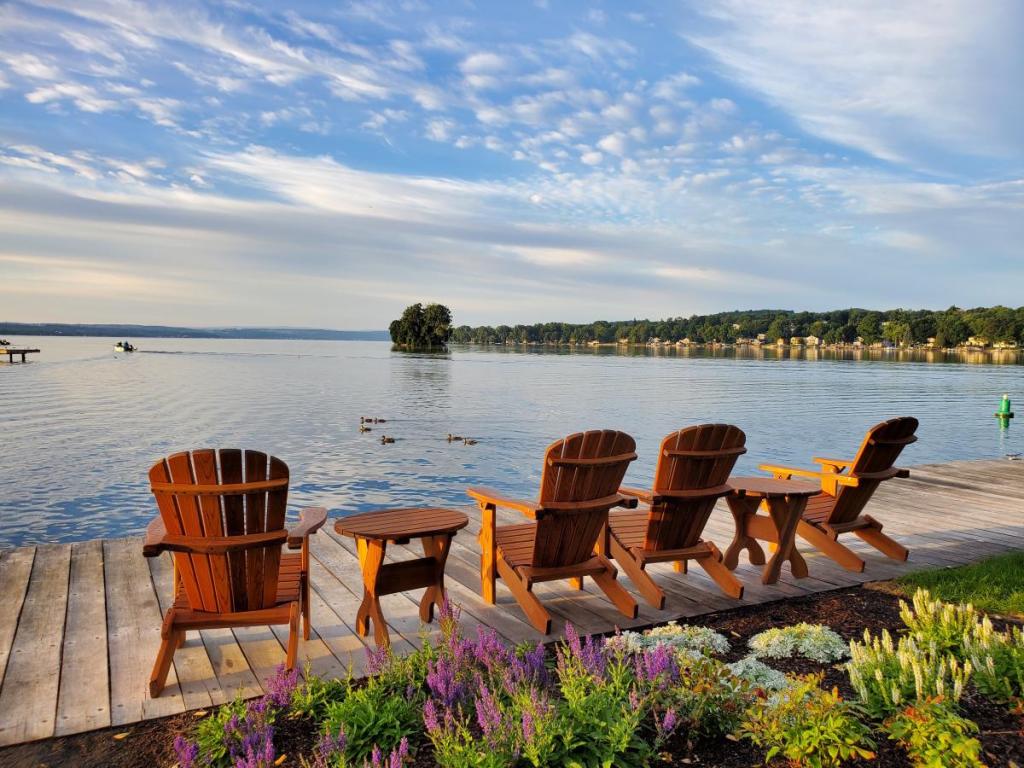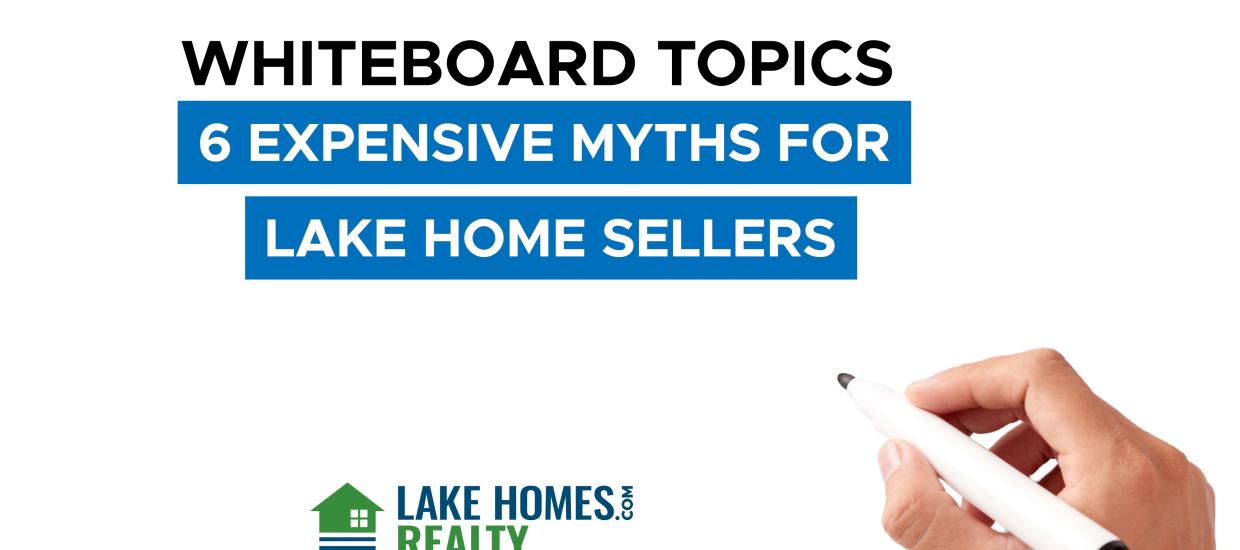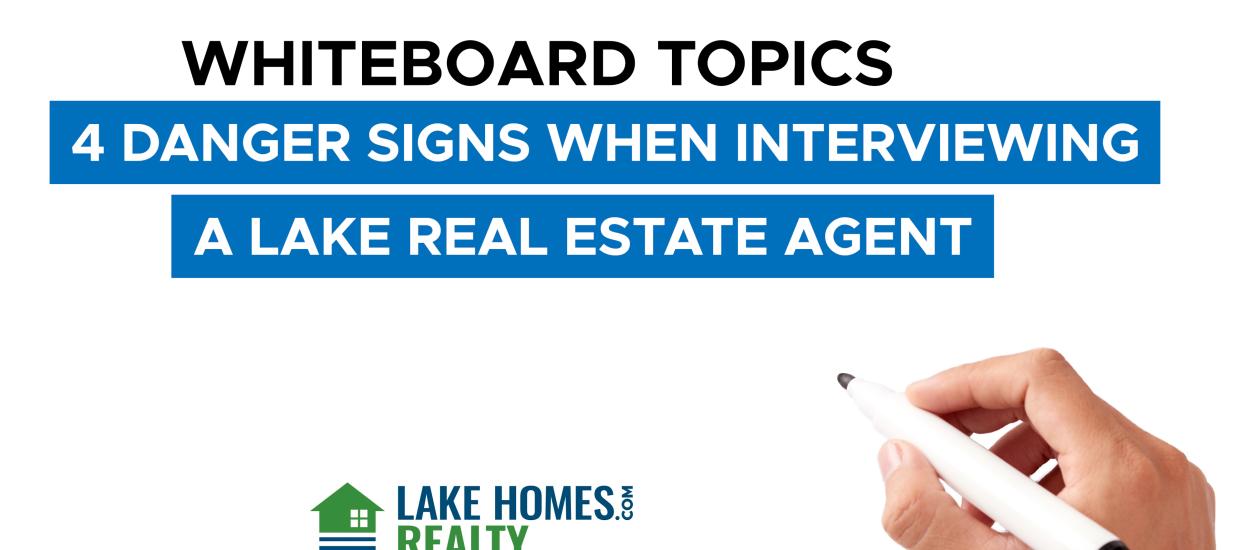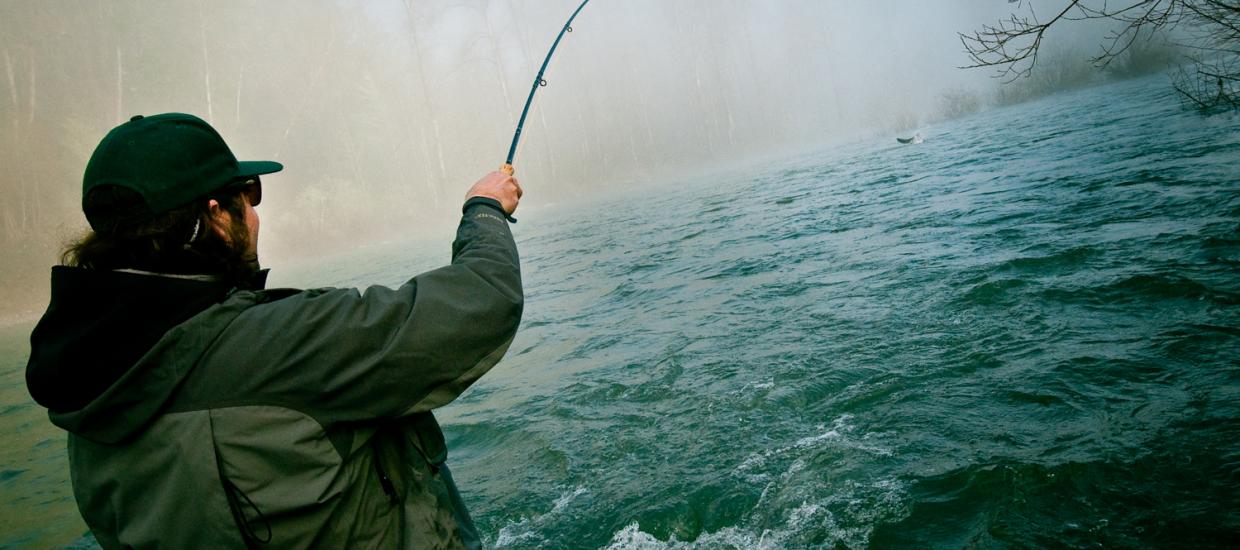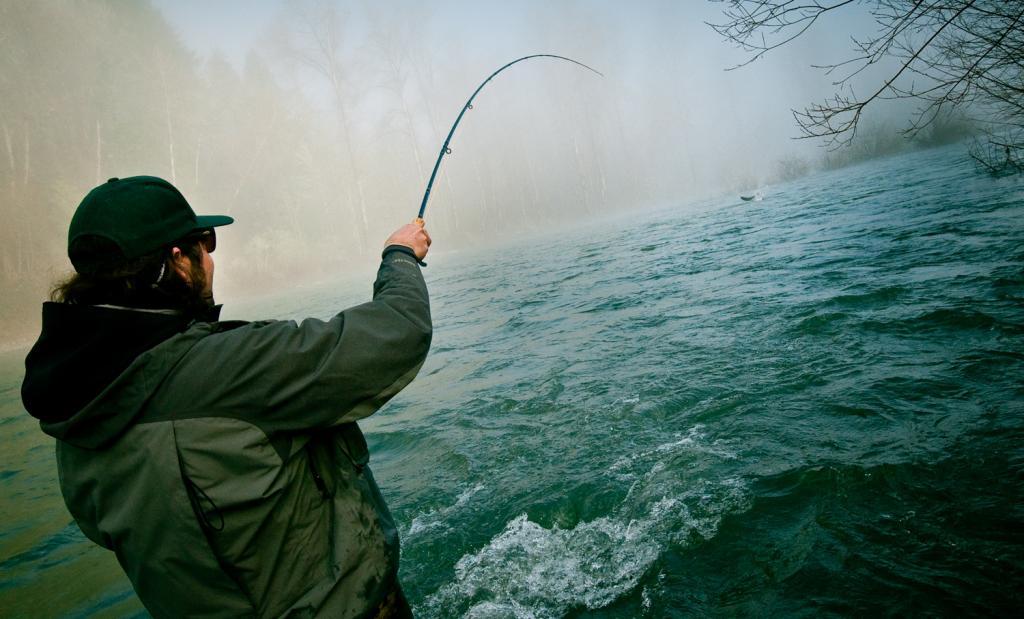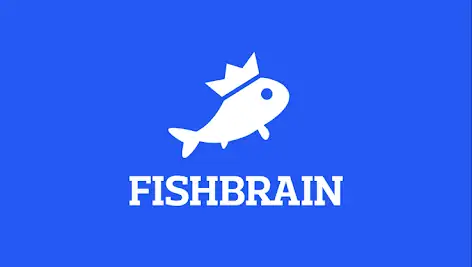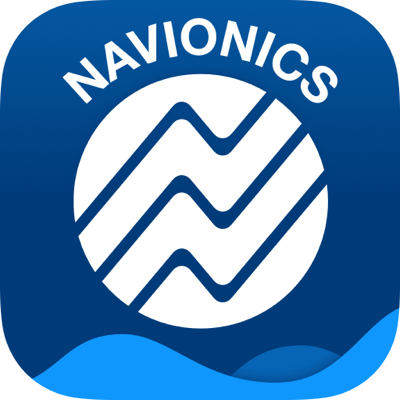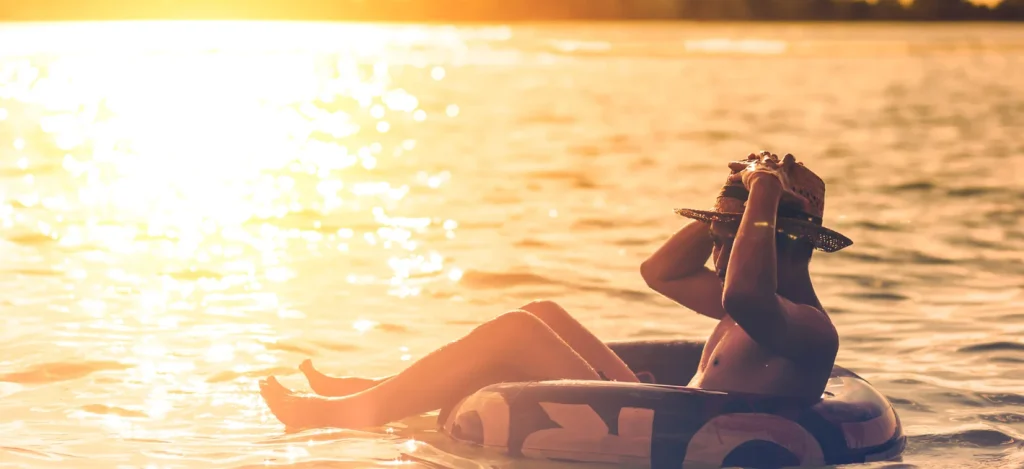
- Intex River Run 1 Inflatable Water Float
- Big Joe Captain’s Pool Float
- Ozark Trail Big 6-Person Inflatable Island
- Bote Inflatable Hangout Water Hammock
Summer is synonymous with sunshine, laughter, and cooling off in refreshing waters. And what better way to enjoy a day at the lake than lounging on a comfy float? But with so many options available, it can be tough to know where to begin. This article will be your lifesaver, guiding you through the top lake floats of 2024. We’ll cover a variety of styles and functionalities to suit your needs, whether you’re a party animal seeking a floating island paradise or a tranquility enthusiast yearning for a solo chill zone.
The Chillaxer’s Oasis: Intex River Run 1 Inflatable Water Float
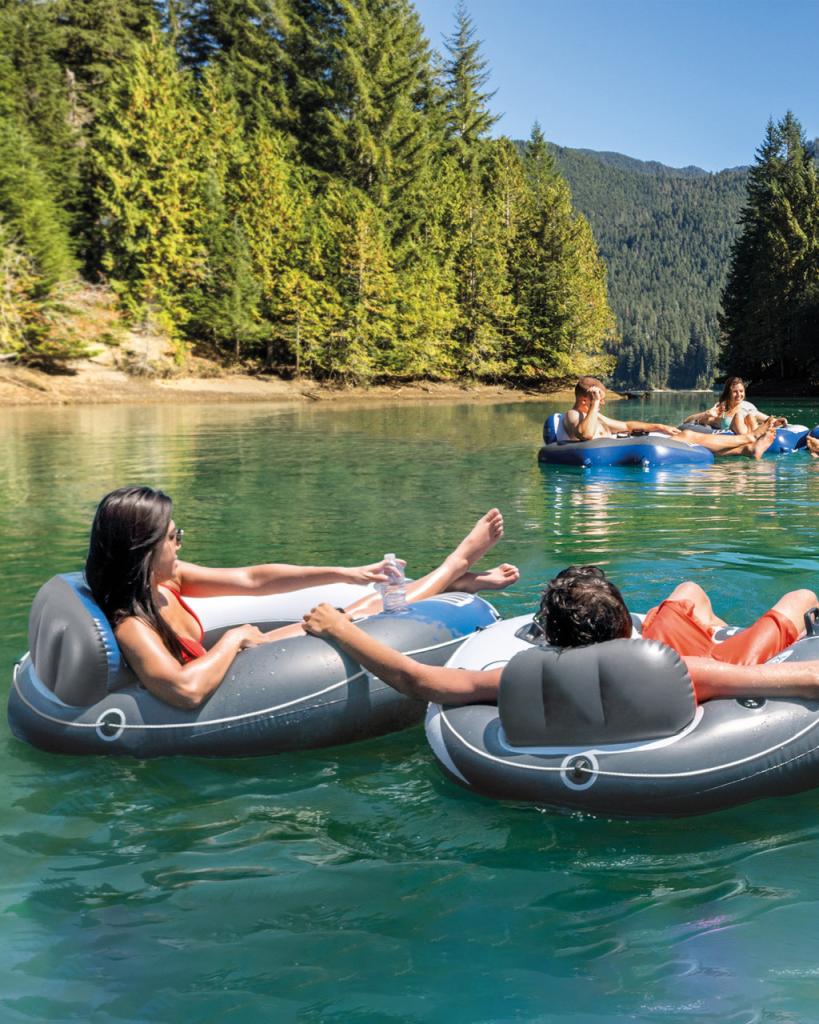
For those seeking a classic no-frills float experience, the Intex River Run 1 reigns supreme. This inflatable tube offers a spacious circular design with a mesh bottom for cool comfort, perfect for kicking back and soaking up the sun. It boasts a cup holder for keeping your favorite beverage close at hand, and multiple air chambers for added safety. Plus, with its affordable price tag, the Intex River Run 1 is easy on the wallet.
The Luxe Lounger: Big Joe Captain’s Pool Float
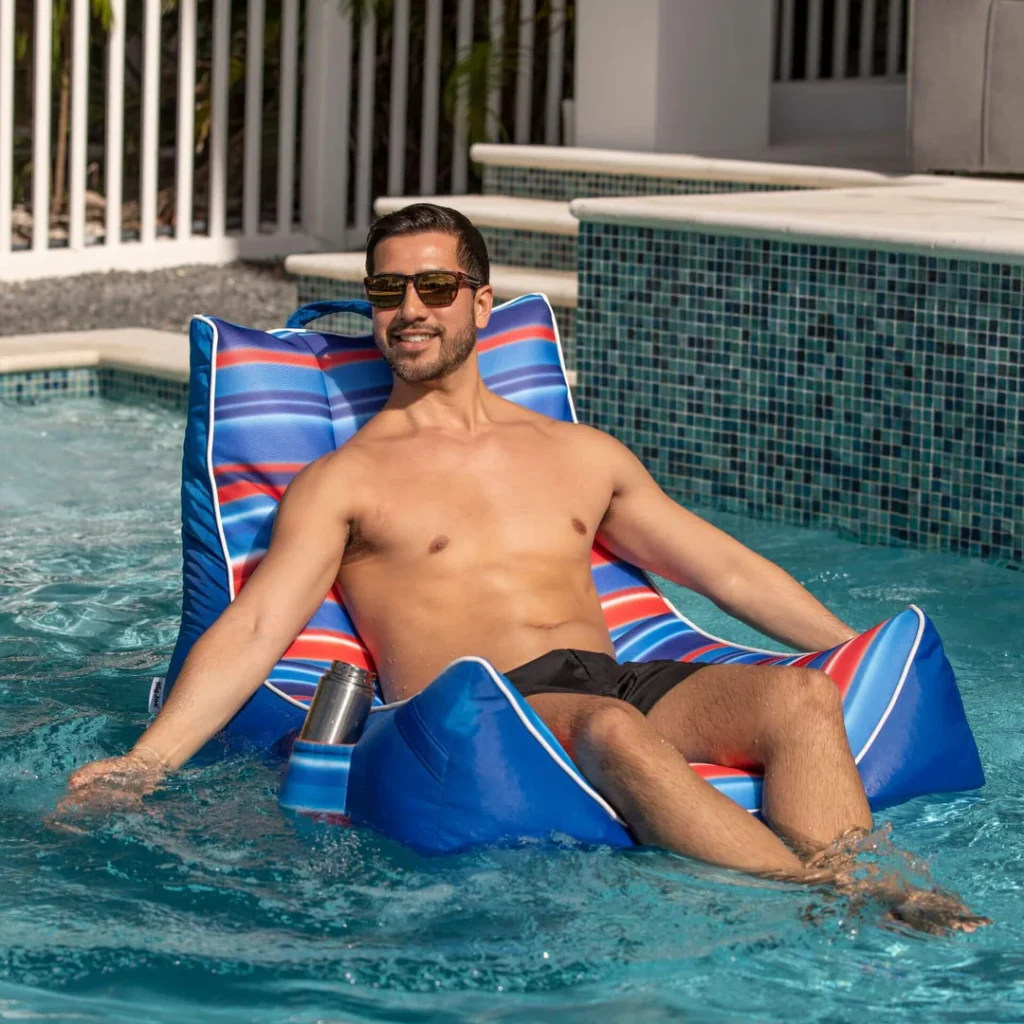
If luxurious relaxation is your priority, then the Big Joe Captain’s Pool Float is your captain to tranquility. This plush throne boasts a built-in cup holder, oversized backrest, and armrests, ensuring you stay comfortable for hours on end. The durable construction and UV protection guarantee long-lasting enjoyment, while the inflatable design makes for one of the best lake floats on the market.
Island Hopping: Ozark Trail Big 6-Person Inflatable Island
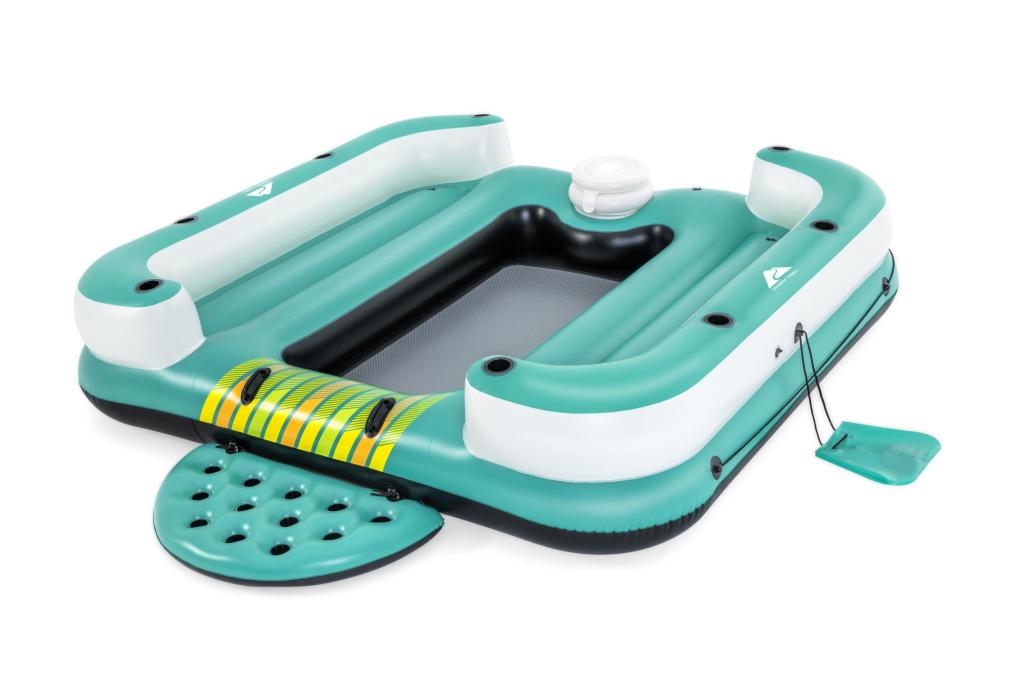
Craving a floating fiesta with a group of friends or family? The Ozark Trail Big 6-Person Inflatable Island is your answer to unforgettable lake adventures. This inflatable behemoth offers ample lounging space for up to six adults, making it ideal for group gatherings or family outings. Equipped with eight cup holders and a built-in cooler, you can keep drinks and snacks ready for your crew. For added comfort, it features two extra-wide pillow backrests and a mesh area for dipping your toes in the water. Easy to maneuver thanks to the swim-up platform and heavy-duty handles, the Ozark Trail Big 6-Person Inflatable Island joins the ranks of the best lake floats, ensuring a touch of comfort and convenience on your next aquatic escapade.
Serenity Seeker’s Sanctuary: Bote Inflatable Hangout Water Hammock
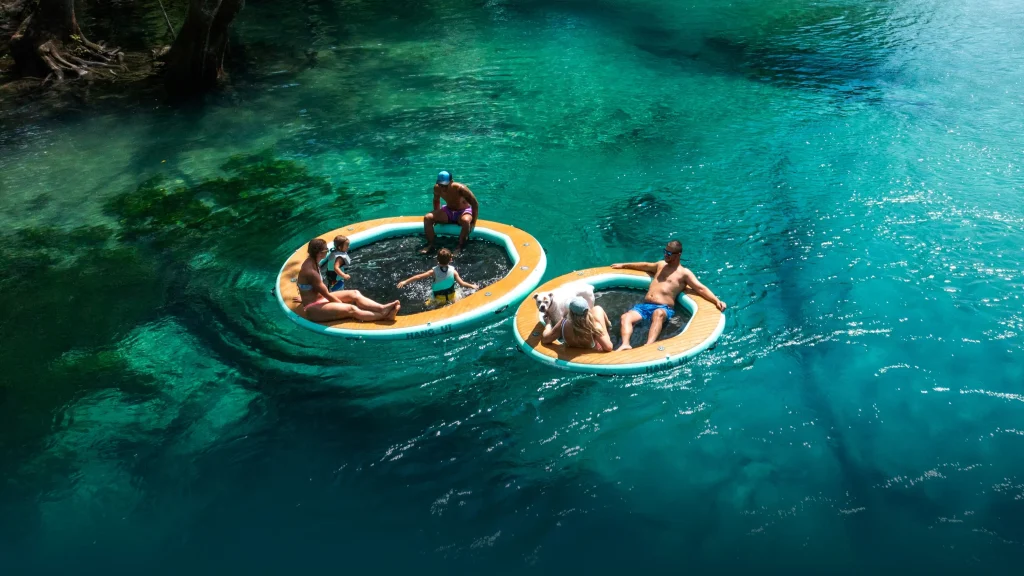
For those seeking a dose of tranquility on the water, the Bote Inflatable Hangout Water Hammock is your ultimate escape pod. Imagine gently rocking on the waves with a captivating book in hand. This hammock-style float allows you to comfortably stretch out and soak up the sun, with a headrest for added comfort. The durable, water-resistant construction ensures you can drift along without worry, while the inflatable design makes for easy transport. Escape the noise and find your zen with the Bote Inflatable Hangout Water Hammock.
So there you have it! From classic tubes to luxurious lounges and social party islands, we’ve explored a variety of the best lake floats for 2024. Whether you’re seeking a solo escape, a romantic rendezvous, or a fun-filled family outing, there’s a perfect float out there to elevate your lakeside experience. So grab your sunscreen, inflate your floatie of choice, and get ready to make a splash this summer with one of these amazing best lake floats!

